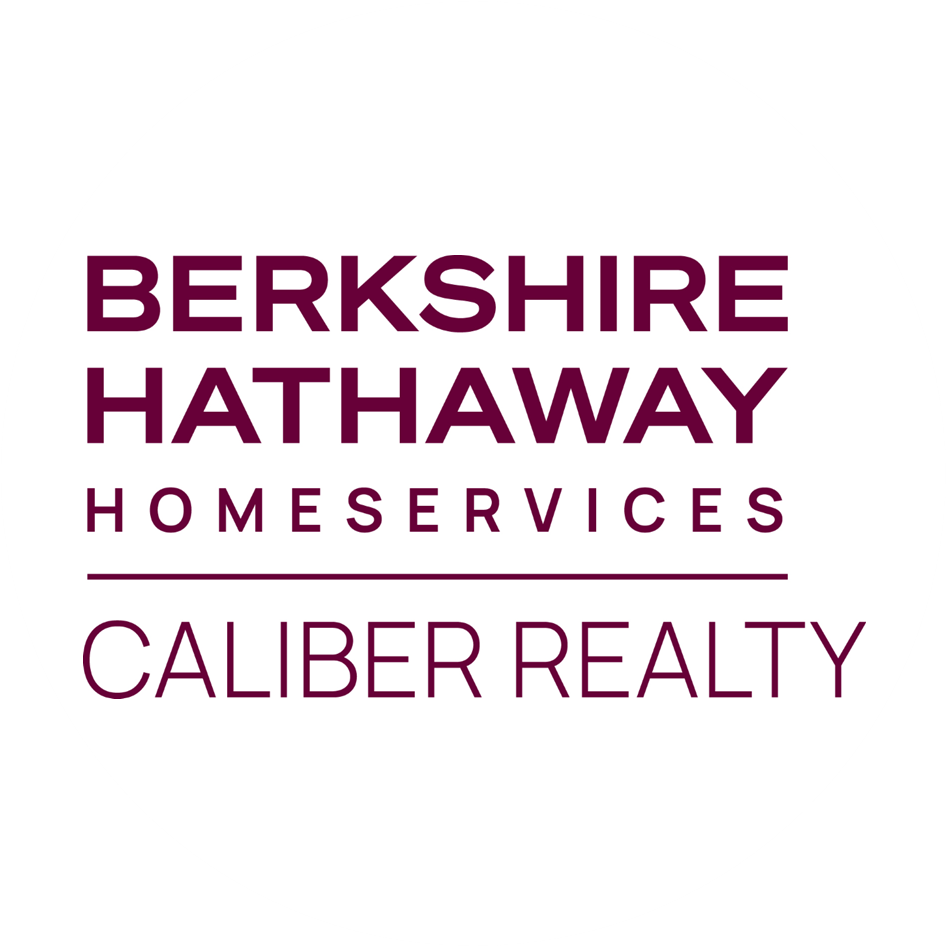How much do buyers have to pay at closing?
 When buying a home, many first-time buyers focus primarily on saving for the down payment. But there’s another significant expense to prepare for: closing costs. These include charges such as origination fees, attorney fees, and escrow funds which are additional fees that buyers typically need to cover on closing day.
Here’s a closer look at how much you can expect to pay and how to manage these expenses effectively.
When buying a home, many first-time buyers focus primarily on saving for the down payment. But there’s another significant expense to prepare for: closing costs. These include charges such as origination fees, attorney fees, and escrow funds which are additional fees that buyers typically need to cover on closing day.
Here’s a closer look at how much you can expect to pay and how to manage these expenses effectively.
What are closing costs?
Closing costs are a collection of fees that come into play when finalizing your mortgage and the property sale. While the down payment often gets the most attention, estimated closing costs for buyers should also be considered when setting your budget for a home purchase. These costs are separate and typically range from 2% to 5% of the loan amount. The total costs can vary depending on factors like the type of loan you have, the property’s location, and even local market conditions. Closing costs don’t just cover the lender’s services—they also involve a range of other expenses tied to the home-buying process. For instance, they may include property-related costs like title insurance and property taxes, as well as mortgage-related fees like underwriting. These are the expenses typically included in the closing costs:- Mortgage application fee
- Appraisal
- Closing fee
- Credit check fee
- Underwriting fee
- Homeowner’s insurance
- Lender’s title insurance
- Loan origination fee
- Property tax
- Title search fee
- Transfer tax
Who pays for what?
When it comes to closing costs, the buyer typically bears the majority of the financial responsibility, but the seller also covers a few important fees such as title fees, transfer taxes, property taxes, and any HOA fees. Traditionally, one of the primary expenses the seller covers is the real estate agent’s commission, which is around 5-6% of the home’s sale price. This is typically split between the listing agent and the buyer’s agent. However, the structure of these payments has been evolving due to recent regulatory changes. The new regulations require buyers to take a more active role in negotiating and paying for their agent’s services directly. As the buyer, you might be able to negotiate some of your closing costs with the seller, including the buying agent’s commission fees. This is particularly true in a buyer’s market where there may be less competition for the home. These negotiations can result in what’s known as seller concessions, where the seller agrees to cover certain costs to make the deal more appealing. However, there are limits on how much a seller can contribute to closing costs. Should a seller help out financially, their contribution is capped at a certain percentage depending on the type of mortgage the buyer secures as well as the down payment amount.Ways to reduce or manage closing costs
Closing costs can feel like the last big hurdle standing between you and your new home, and they often add up to more than you might expect. While these fees are unavoidable, there are ways to reduce or manage them, which helps to make your home purchase more affordable. Here are the strategies that can help you save:- Search for lenders with discounts or lower fees Some lenders may waive certain fees, like the origination fee, or offer discounts to long-time customers, especially if you already bank with them. You can also request for loan estimates from multiple lenders to compare their fees and closing costs side by side. Since lenders have different policies and may be flexible, it’s worth asking for these perks when you’re negotiating your loan.
- Negotiate with the seller You can also negotiate with the seller to reduce your closing costs. If the seller is motivated or the market is in your favor, they may offer seller concessions. Depending on your loan type, the seller can contribute between 4% to 9% of the home’s price. Some sellers may also reduce the sale price to help with these costs.
- Look for closing cost assistance To reduce closing costs, consider looking into assistance programs, especially if you’re a first-time homebuyer. There are a variety of programs offered by cities, counties, and states to help with down payments and closing costs, often through local governments or nonprofits. In College Station, the city’s Down Payment Assistance Program provides eligible home buyers with financial assistance up to 30% of the home’s sale price.
- Close at the end of the month One simple way to reduce your closing costs is to schedule your closing date near the end of the month. Closing costs often include pre-paid daily interest charges, calculated for each day between your closing and the start of the next month. By closing later in the month, you minimize the number of days you’re responsible for paying interest upfront.

